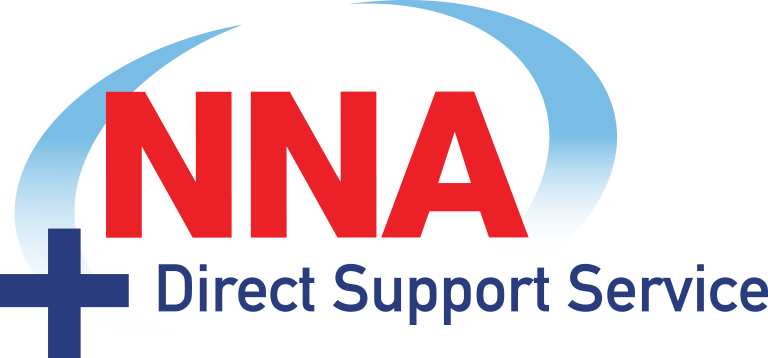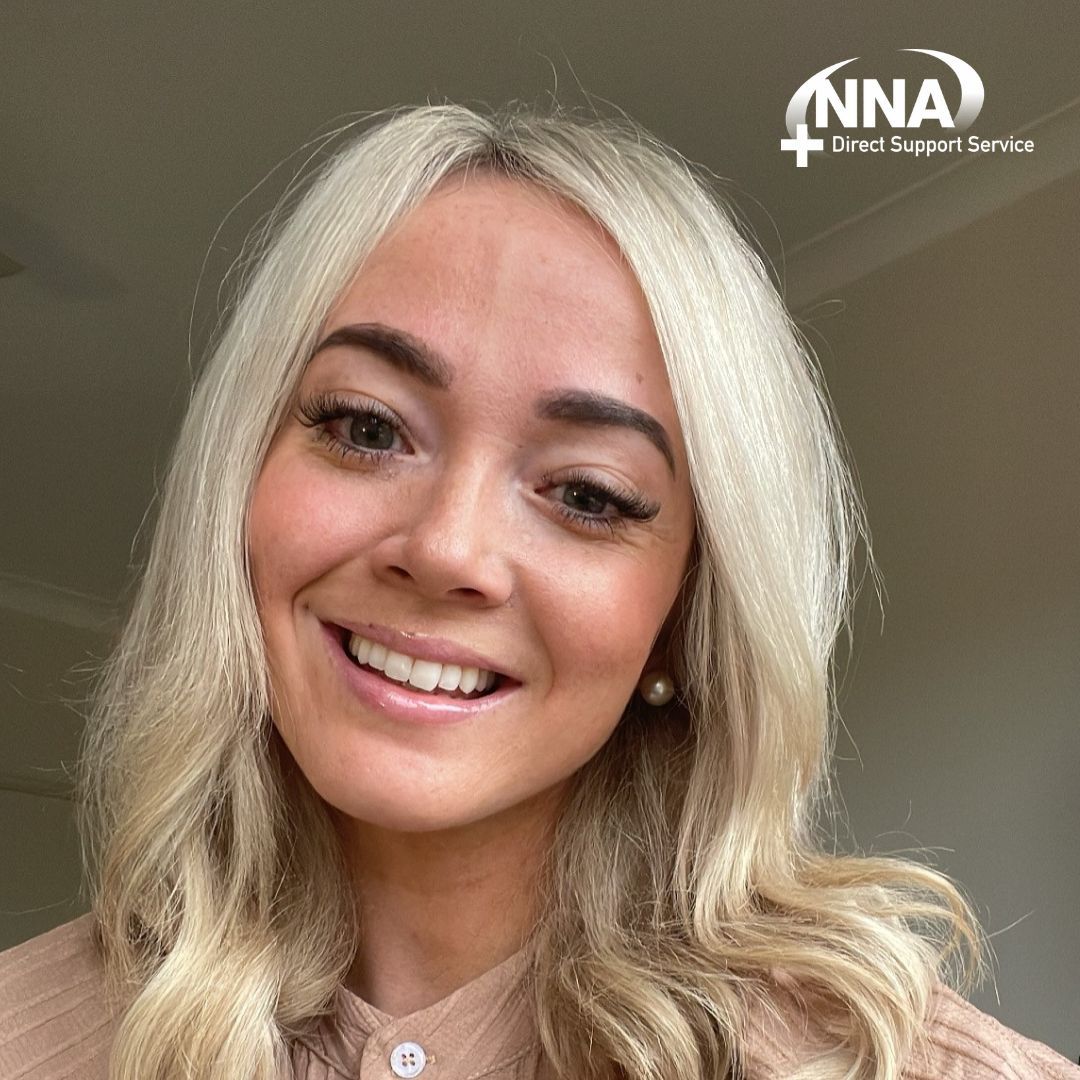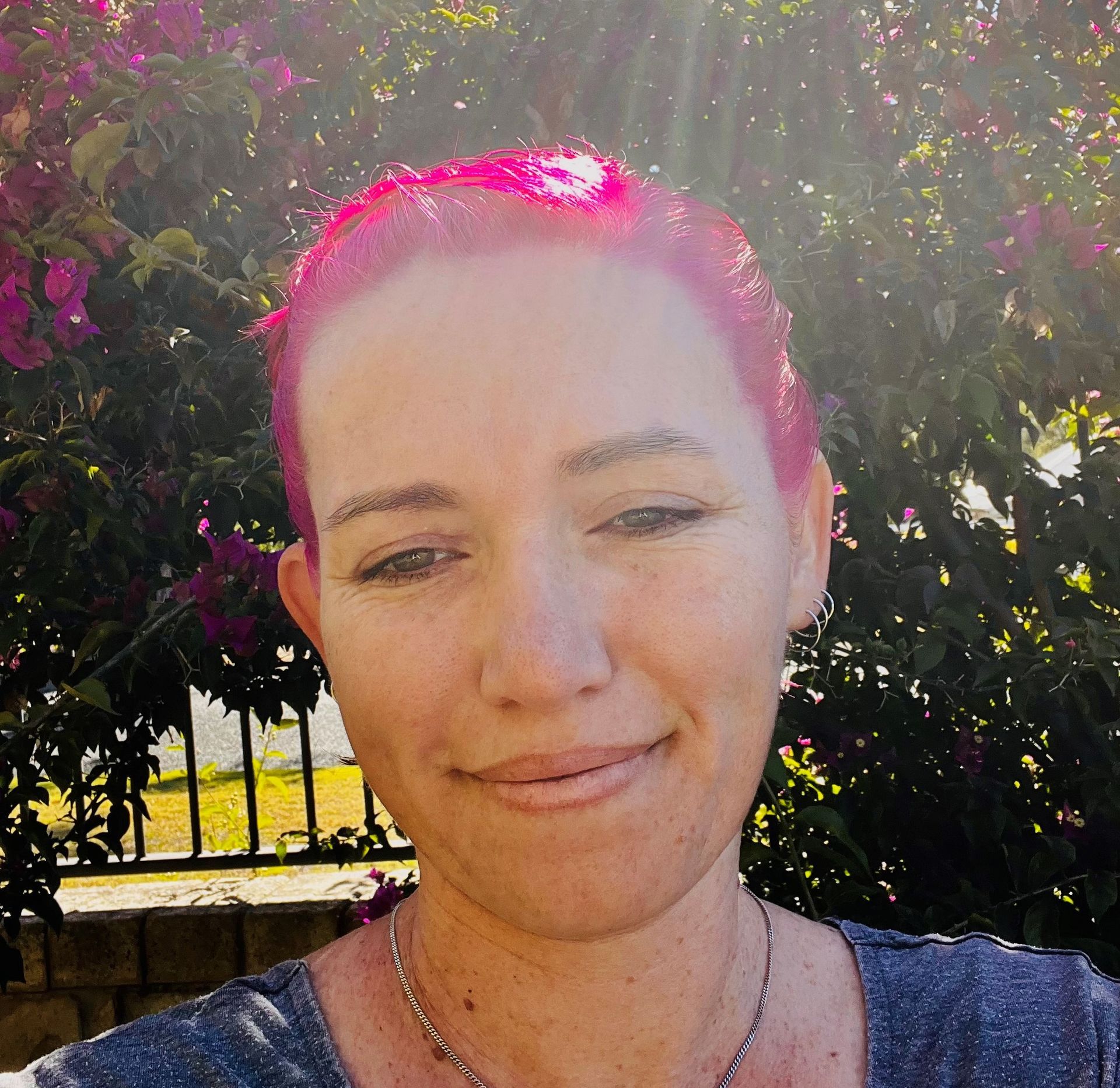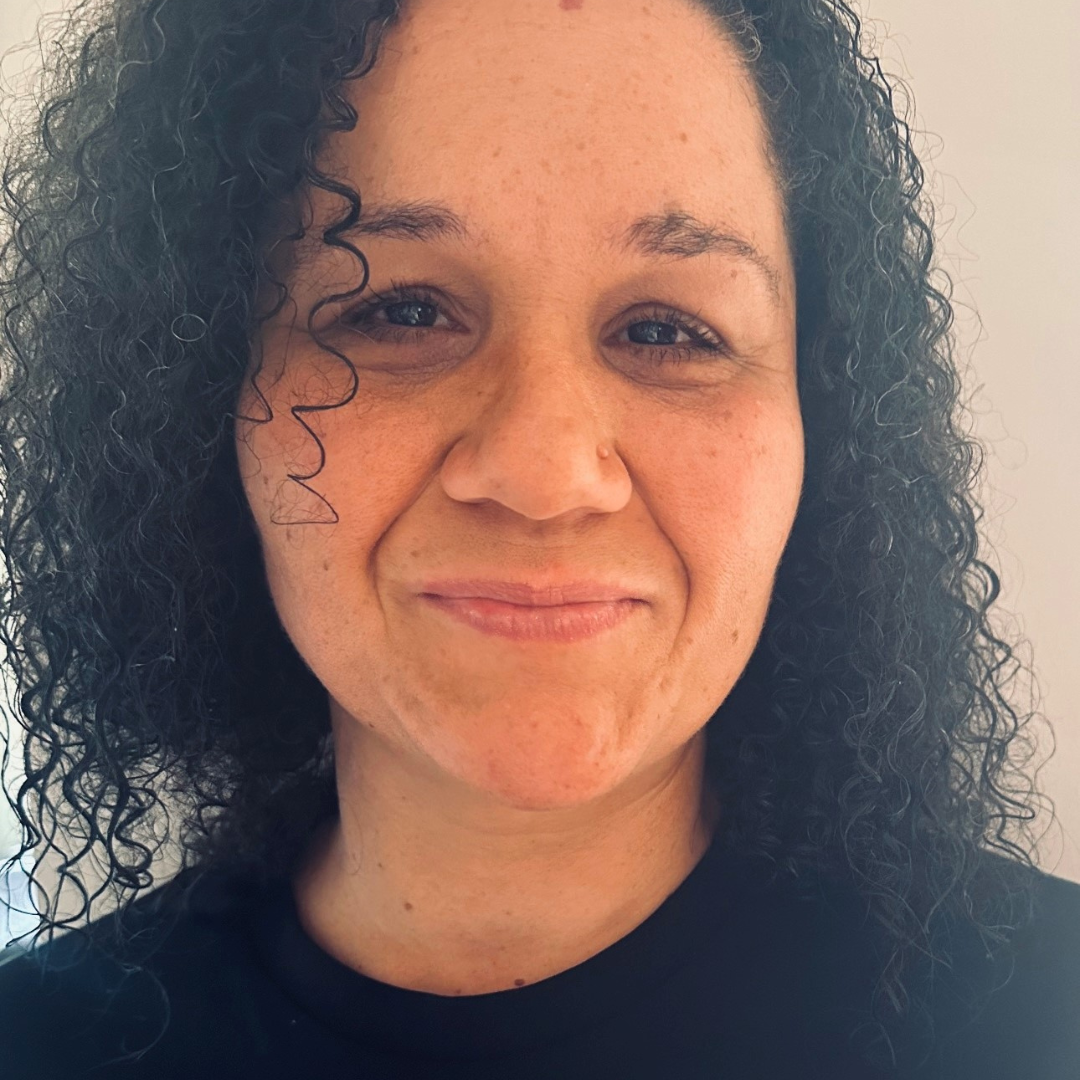What is the Future of Mental Health Nursing?

Whilst the COVID pandemic has presented many challenges over the last few years, it has played an important role in highlighting the gaps within the mental healthcare sector. Accessibility to the right supports at the right time became evident particularly during lockdowns, along with the increased pressure felt by healthcare workers as the demand for emergency mental health services increased. These reasons, plus many more, prompted the utilisation of online/digital mental health services right across the sector. These technological advancements and additions to healthcare delivery have been a step forward in better understanding the vulnerability of our mental health. As we continue to break down barriers, ask questions and listen to public conversations and concerns, it’s an exciting time to imagine where the mental health sector is heading.
The Evolution of New Mental Health Services
Digital Mental Health Services and Telehealth
Over the last few years, receiving therapy and obtaining other mental health supports has transitioned from traditional face-to-face contact, to now mostly a virtual experience. Video consultations have increased the accessibility for patients to receive care regardless of their location and situation. This evolving modern approach to medicine is not only saving patients' travel time but is also removing the barriers to obtaining medication requested during these appointments. Electronic script medications can be sent directly to the patient's phone, giving patient’s immediate access to go and get their medication. Patients are also able to stay in close communication with their doctor via online chat and in some cases even have the opportunity to view their notes and treatment plan via confidential patient portals.
One example of a new digital mental health service developed by the Clinical Research Unit for Anxiety and Depression (CRUFAD) is called THIS WAY UP (TWU). It uses interactive comic strips to teach Cognitive Behaviour Therapy (CBT) skills in an online format. Treatment is self-guided and can be completed anywhere, any time. According to the Australian College of Nursing, “it means the treatment can be flexibly accessed by the client at any time or place that is convenient for them, and not just during a one-on-one consultation”.
Projects like this, plus many others available via General Practitioners (GPs) and private organisations, are allowing vulnerable children and adults to receive the mental health care they need when they need it. Seeking mental health support unfortunately still carries a particular stigma, but technology is breaking down these barriers by eliminating the physical need to visit an unfamiliar place. Users of these services are able to speak openly and honestly in a confidential way, whilst in the comfort of a space that is non-threatening. This is a really important step in making these services appear welcoming instead of intimidating.
Trauma-Informed Care
“Trauma-informed care is an approach to service delivery based on an understanding of the ways trauma affects people’s lives, their service needs and service usage” according to the New South Wales (NSW) Government. This technique incorporates collaboration, safety, empowerment, choice and trustworthiness into its key principles and has been a key player during the COVID-19 pandemic for both staff and patients.
GP practices, hospitals and other mental health community centres have adopted trauma-informed care in the following ways;
- More lenient appointment cancellation policies as many patients may have barriers preventing them from getting to appointments on time
- Sensitive topics are asked face-to-face rather than during video telehealth calls
- For healthcare workers, this may include adequate supervision and guidance of self-care habits
- Understanding the triggers of re-traumatisation where possible and discussing with caution
- Changing the language staff use to describe patients, in everyday conversations and in case notes
Treatment focuses on hope and embracing positivity where possible without blame, which was particularly prevalent during periods of lockdown and uncertainty. Mental Health Australia states that programs utilising the trauma-informed practice model report a decrease in symptoms, an improvement in consumers’ daily functioning, and decreases in the use of hospitalisation and crisis intervention.
More Specialist Mental Health Services
Many new services and initiatives have been introduced since the commencement of the pandemic within the mental health sector.
- NSW’s recurrent budget for mental health services in 2019-20 was $2.1 billion; compare this to the 2007–08 budget, where spending on mental health had only just exceeded $1 billion for the first time. With this extra funding better specialist, and online support in varying forms are able to be implemented.
- Digital health platforms such as Headspace, the Black Dog Institute and Beyond Blue, as well as social media outlets and podcasts, are increasing the accessibility people have to mental health support. Due to services such as these, the stigma around mental health is declining, encouraging people to help educate themselves without judgement.
- The LGBTQI+ community have been recognised by the NSW government as a group at risk of higher levels of discrimination, stigma and exclusion. They have invested in resources to create a safe place for diversity and inclusion.
- The
Strategy for Preventing and Responding to Domestic and Family Violence 2021-2026 was introduced in response to the rise of domestic violence by the NSW government. This initiative ensures victims and their dependents have access to safety, help and refuge whenever they need it.
Psychiatric Services are Moving from Hospital to Community-Based
The shift in mental health care delivery from the hospital to the community is benefiting both the patient and the hospital system. Community programs are encouraging mental health awareness and are transitioning a positive shift from the previous focus involving higher numbers of hospital admissions and higher patient length-of-stay.
A key example is a program developed by the NSW Government under their Mental Health Reform 2014-2024 called, Pathways to Community Living Initiative (PCLI). it aims to support people experiencing long stays (more than 365 days) in mental health inpatient units. This program plus many more highlight the shift away from hospital care.
As highlighted here, there is a definite shift in the awareness of mental health vulnerability within our community. As technology continues to evolve and we get better at asking questions and understanding others who may appear different to ourselves, barriers will soon dissipate, leading to safe, accessible mental health care for all.










